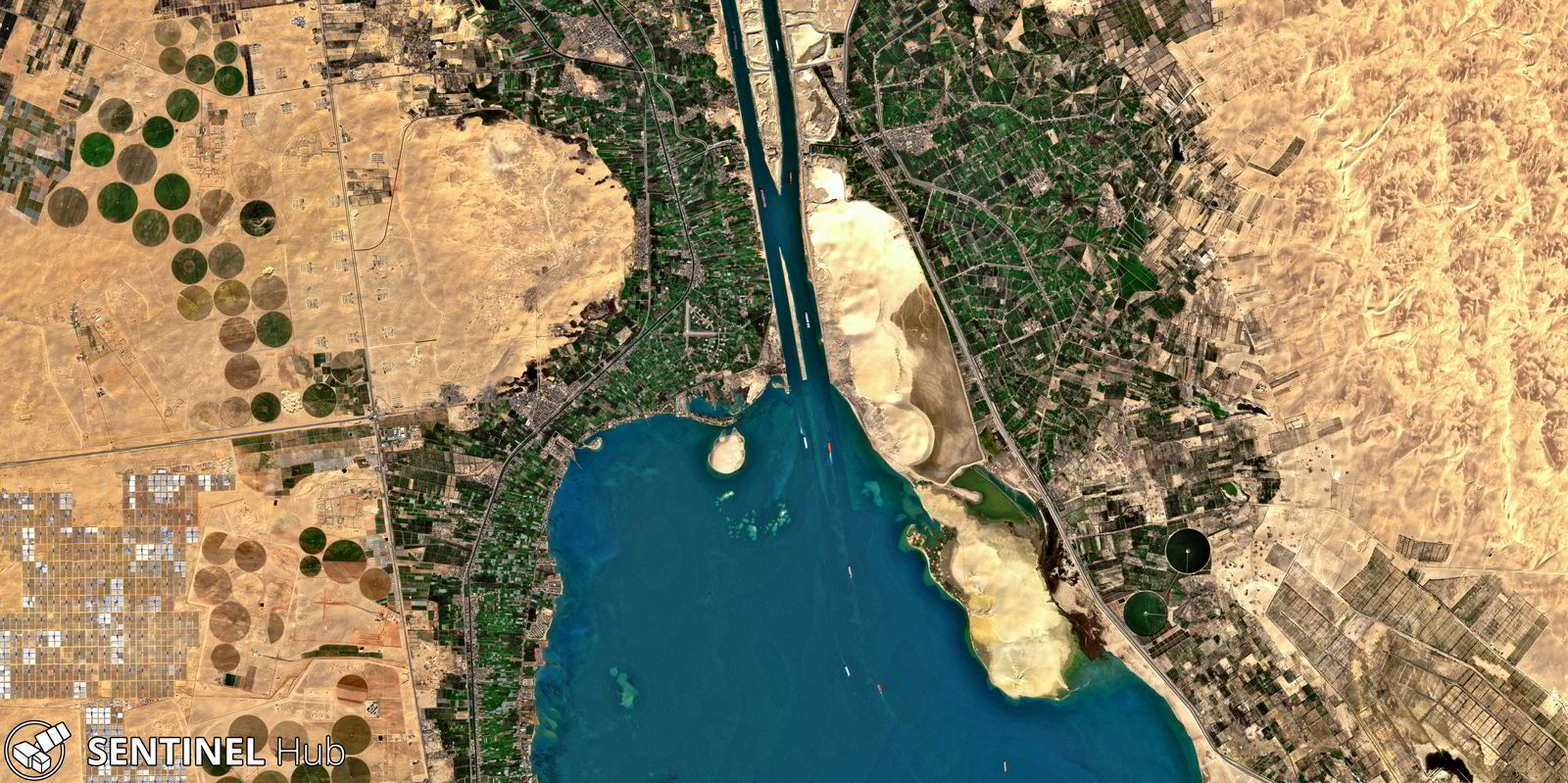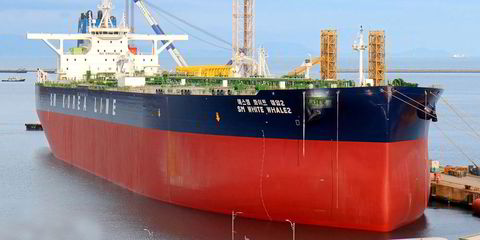Product tanker specialist Torm said markets were expected to be highly uncertain and volatile in 2023 as the EU’s import ban on Russian oil drove profits in the first quarter.
The Danish company reported net profit of $153.6m for the first three months of this year, backing up record results in 2022 because of the trade dislocation. That compared with $10.4m for the same period last year.
The Russian import ban introduced in Europe on February 5 has sent the flow of oil products longer distances, increasing tonne-miles and freight rates for its fleet of 85 vessels, said chief executive Jacob Meldgaard.
Freight rates across the fleet hit $47,717 a day compared to $16,743 in the same period for last year.
“During the first quarter of 2023, we saw a sustained strong product tanker market with high volatility, primarily driven by changes in the global flow of refined oil products towards longer haul trades,” said Meldgaard.
Torm, one of the world's largest product tanker owners, stopped sailing to Russian ports or take on new business from Russian customers in the wake of the invasion of Ukraine.
But it has benefitted from the changing trade flows caused by the war and Europe’s shift away from Russian diesel.
It expects Ebitda for the whole of the year to be in the range of $750m to $1.1bn, outstripping its record performance last year of $743m.
It said the impact of the decision in April by Opec+ to cut production was likely to have only limited effect and be outweighed by the longer trading distances. The future performance of the product tanker market is “highly uncertain and therefore expected to be highly volatile”, the company said.
Fearnley Securities said the results were slightly below market expectations but bookings suggested a strong second quarter.
Torm has covered 47% of its earning days for the whole of 2023 at $41,198 per day and 64% of its days for the second quarter.
Second quarter coverage includes 51% of days at $59,197 for its LR2s, 62% of its LR1s at $45,578 and 68% of its MR days at $35,804.
It said the volatility meant that it had low visibility on time charter equivalent rates that were not yet fixed.
“Hence, the market rates realized during 2023 may be significantly lower or significantly higher than our current expectations,” it said.
The company announced a dividend of $1.46 per share amounting to a total of $121.1m, which is expected to be made on 6 June.





